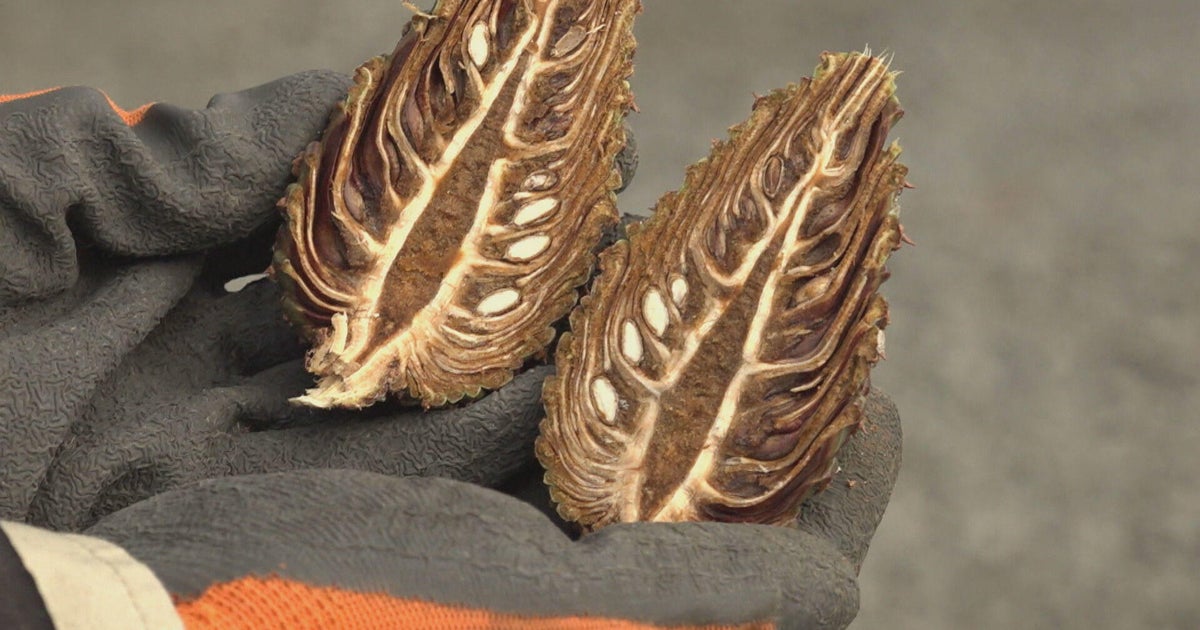Interior Secretary Deb Haaland on the emotional moment Biden offered her the job
President Biden's Cabinet meeting on Thursday showcased the most diverse Cabinet in history, including the first-ever Native American to become a Cabinet secretary.
"CBS Evening News" spoke with Secretary Deb Haaland at the Museum of the American Indian in Washington, D.C. In her first TV interview as secretary of the Interior, she spoke about the emotional moment when Mr. Biden offered her the job.
"What I remember saying to him was, 'You don't know what this means to Indian Country,'" she said. "It's significant. It's historical. It's meaningful. And I think we're all indebted to him."
It was especially meaningful considering the department's past.
"The Interior Department's job was to either assimilate or exterminate Native Americans," Haaland said.
The Department oversees roughly one-fifth of all the nation's land, which includes 574 federally recognized tribes, including Haaland's own, the Laguna Pueblo of New Mexico.
"I think a lot of Native Americans have felt powerless," she said. "Often, it's been easy to take land away to drill and mine in sacred places."
She's pledged to transform the department to confront climate change, raising fears within the oil and gas industry that she says are unfounded.
"The fossil fuel industry will continue for years to come. We're not saying it's stopping tomorrow," Haaland said. "There is not a permanent ban. It was a pause on new gas and oil leases because, rightly so, the program needed to be reviewed. And so the existing gas and oil leases have continued."
Haaland also spoke about her goals for the department, which include finding missing or murdered indigenous women.
"That's a crisis that's been happening since Europeans came to this continent 500 years ago," she said. "And I'm really excited to announce that at the Department of Interior, we will have a missing and murdered unit that will focus specifically on this crisis and make sure that families can have some answers."
American Indian and Alaska Native women are killed at a rate 10 times higher than the national average.
"There are a lot of cases that are unsolved," Haaland said. "Those are the ones that we need to solve."




